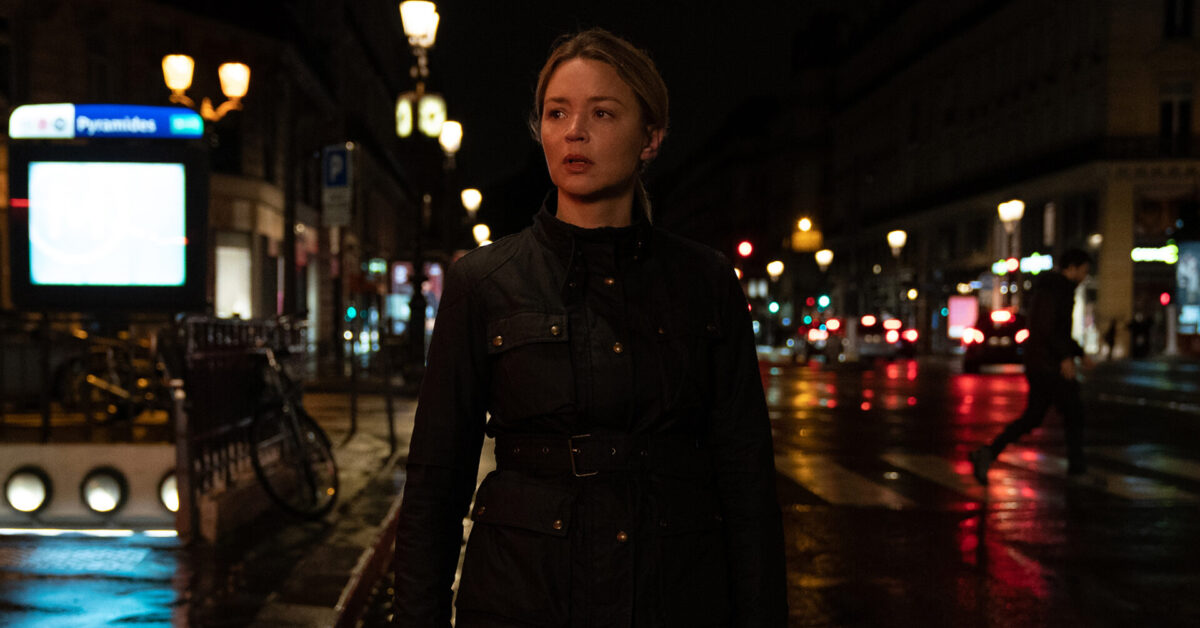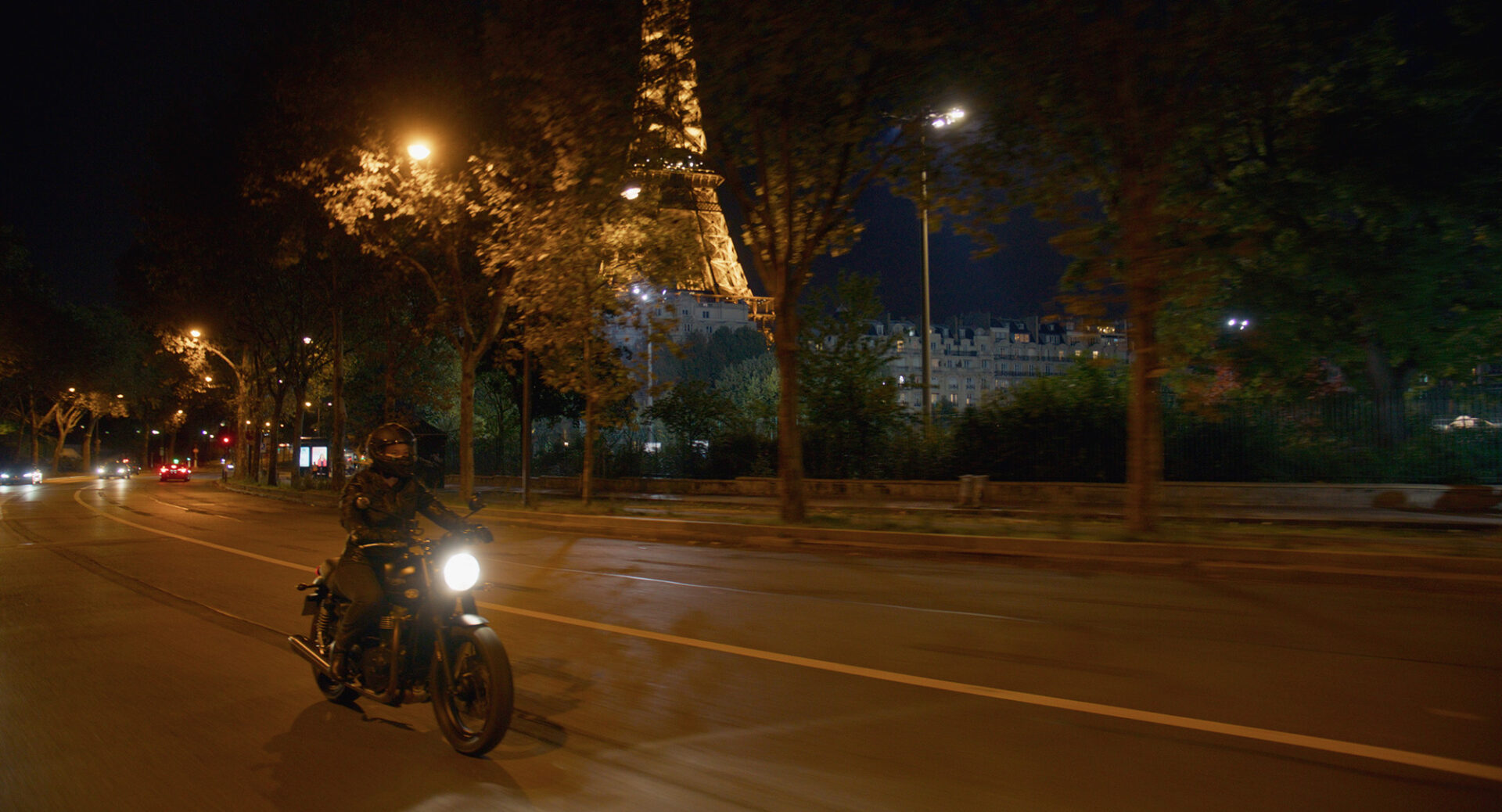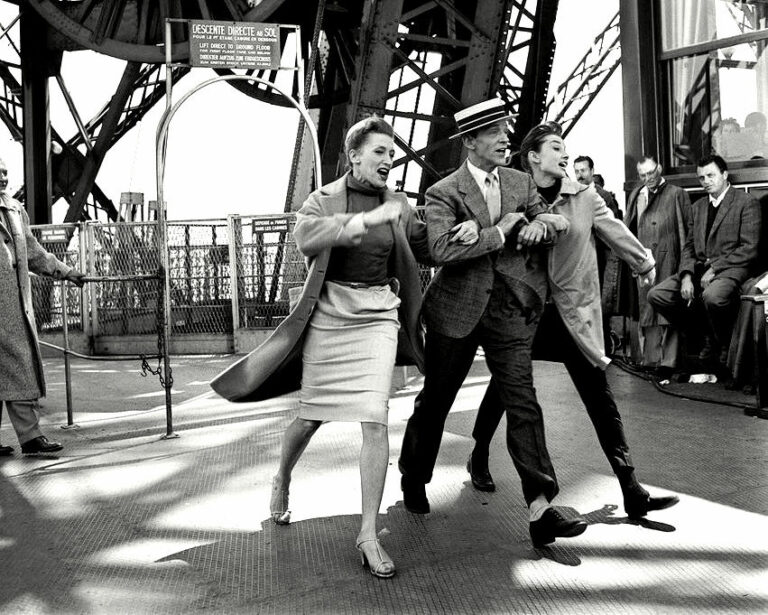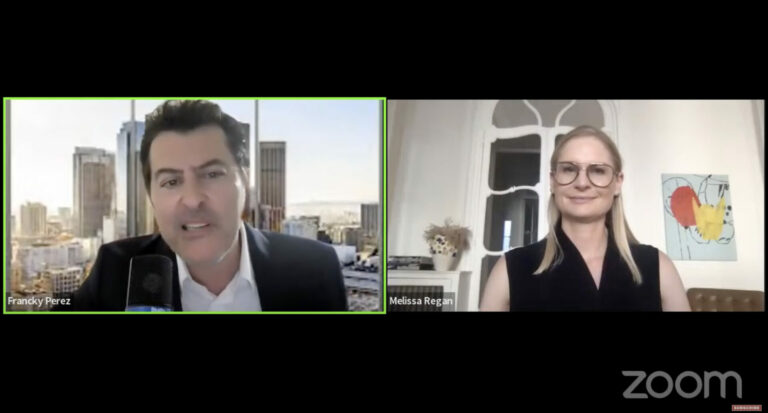On the morning of the day that forever changes her life, Mia (Virginie Efira) breaks a glass. It’s not a big deal, but it sets the tone. Sometimes shit happens. You might be unsettled for a moment— Damn, I liked that glass!—but most of the time you pick up the pieces, toss them and move on.
Later that night, while sitting at a restaurant with her partner, Vincent (Grégoire Colin), a man walking outside slams into the window by their table. They both jump, then laugh. It was nothing. But it sets viewers’ nerves on high alert—again. Vincent, a doctor, is called back to the hospital and Mia heads out alone. When a sudden downpour turns her motorcycle ride home into a disaster waiting to happen, she ducks into a bistro for a drink. She pulls out a notebook to get some work done and observes the people around her: tourists posing with escargot for selfies, a man blowing out the candles on his birthday cake. She gets ink on her hands and goes to the restroom to wash them.
When she returns, someone starts shooting. From that moment on, Mia can’t remember a thing about that night. She blacks out. Alice Winocour’s brave new film, Revoir Paris, is about one woman learning how to live after her life has been shattered. The film is honest, full of unexpected details, and all too relevant in a world where you never know where and when violence might erupt.
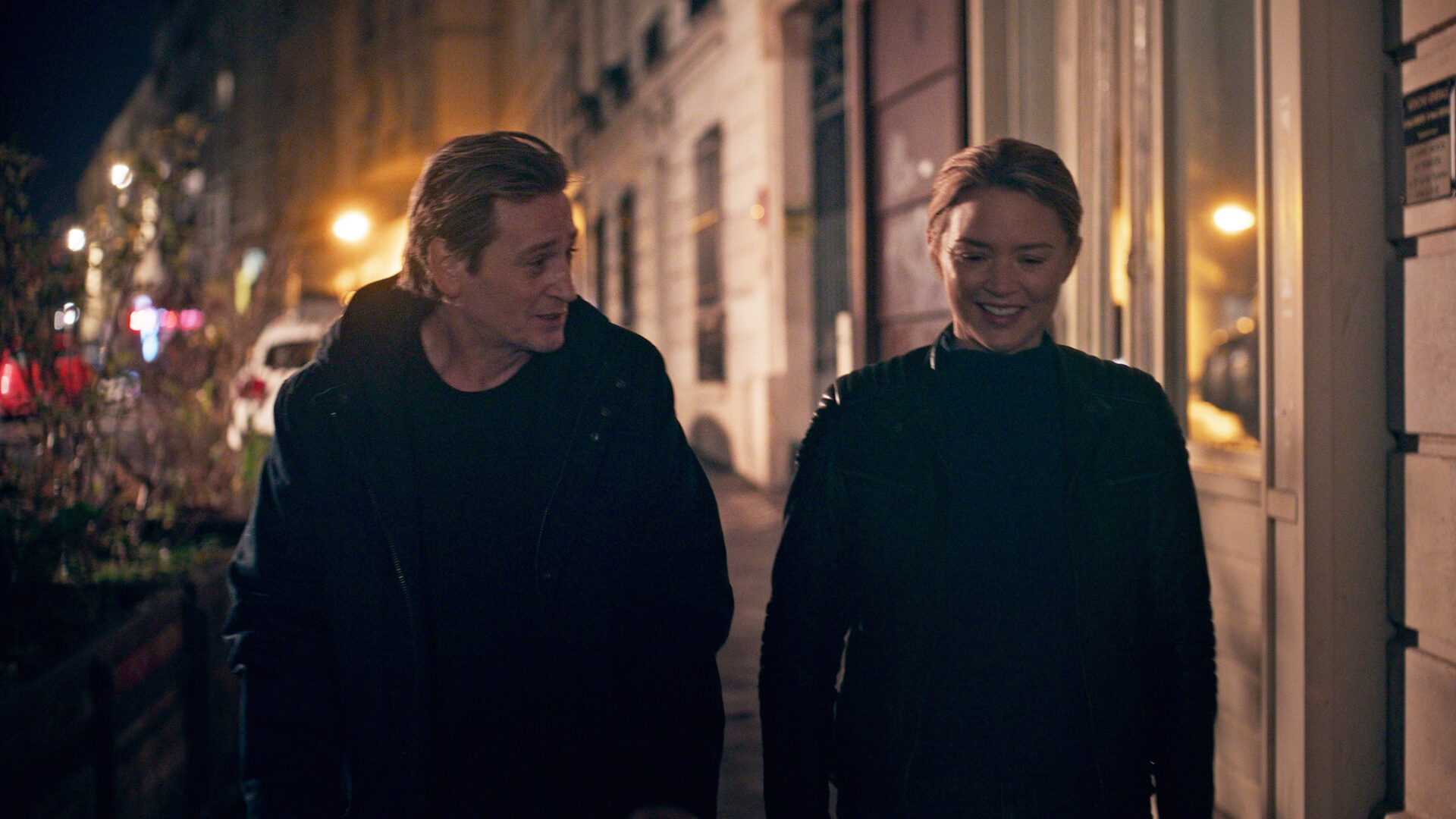
I spoke with writer and director Alice Winocour about surviving trauma, making a different kind of portrait of Paris, and why this film is so personal for her.
Winocour’s brother was at the Bataclan theater in Paris on November 13, 2015, when the venue was attacked by terrorists. She spent many harrowing hours glued to the news, feeling helpless. Winocour was one of the lucky ones—her brother survived—but the experience lay the groundwork for Revoir Paris. “I didn’t want to do a historic reconstruction, so the film is about a fictional attack,” she told me. “I did another movie, Proxima. I traveled a lot with that film, and when I got back to Paris, it felt like a different world for me. I thought, ‘I have to do a film about Paris.’ It took me five years to have enough distance to turn the experience into fiction.”
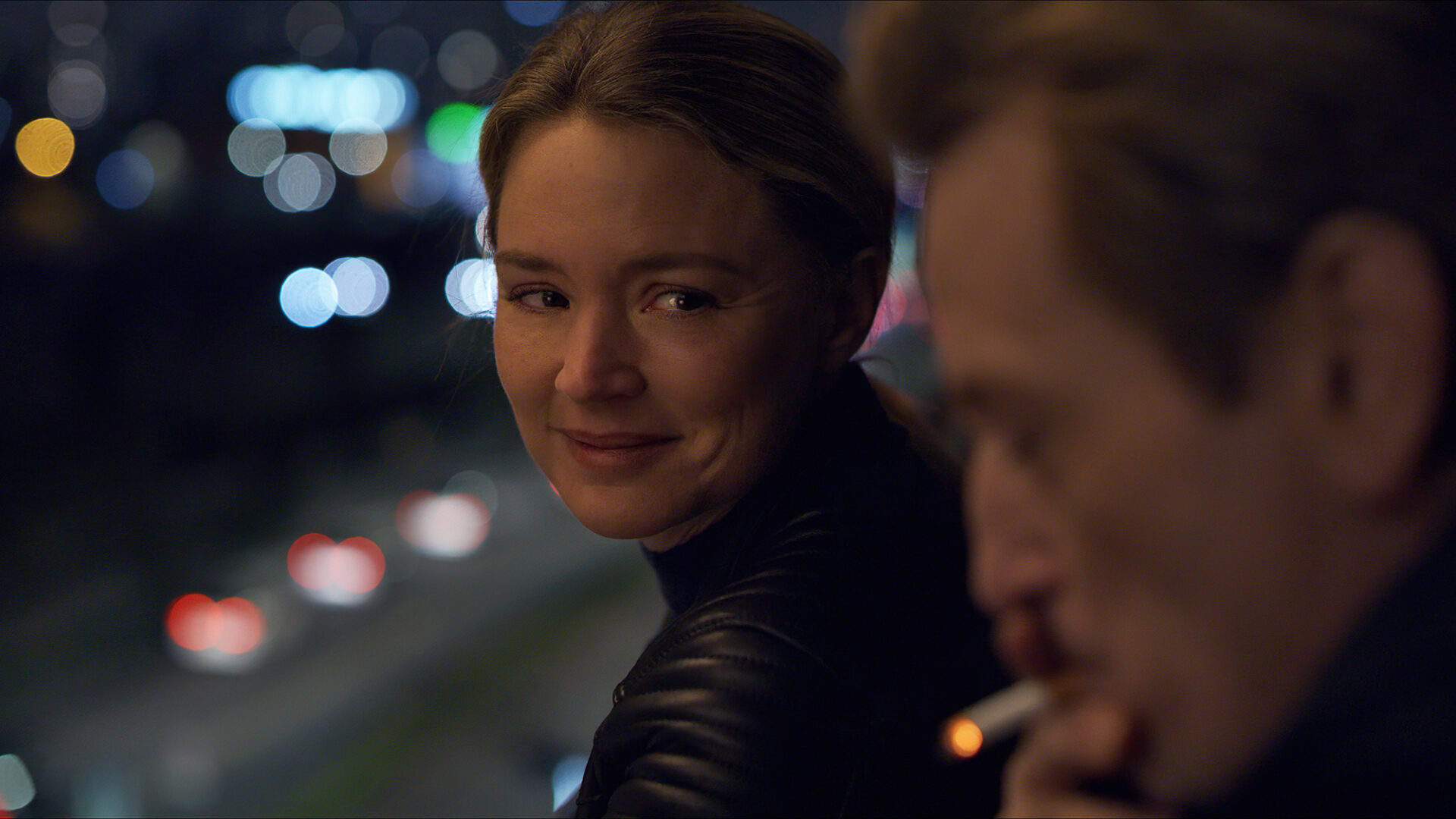
The film tracks Mia’s process of piecing together what happened that night and adjusting to her new normal as a survivor. She finds herself drawn back to the restaurant where the attack took place. “I asked psychiatrists why, after a traumatic event, so many people need to see the place where it happened,” Winocour told me. “They said it’s to put that place back in the context of reality. It’s become a place of nightmare, and seeing how it exists in reality is important in the process of feeling better.”
At the restaurant, Mia encounters a group of survivors who meet there regularly to share their memories and attempt to grieve what happened. “These groups were so moving to me. They were [all] looking for a person they had seen for a few minutes, or who had held their hand or just looked at them. They wanted to know if they had survived,” Winocour said.
While Winocour was researching the film, a psychiatrist introduced her to the idea of “a diamond at the heart of a trauma,” which became the focus of her story. “I love the idea that beauty can arise from tragedy,” she said. “I wanted to tell a story about passing through darkness to the light. I wanted to tell the story of a character who is not a victim. She wants to get over it.”
For Mia, recovery begins when she befriends Thomas (Benoît Magimel), the man she’d seen with the birthday cake, and Felicia, a teenage girl (Nastya Golubeva Carax) whose parents died in the attack. Mia’s memories from that night also start to return and she remembers a man, a cook from the restaurant, who held her hand and spoke kindly to her while they were hiding from the shooter. She wants to know if he survived and wants desperately to reconnect with him. Her search for him brings an element of intrigue into the film.
In some sense, the movie is a love letter to Paris. “I wanted to explore all the things about Paris that the terrorists wanted to destroy and couldn’t,” she said. “The lights, the beauty of the city, all these people together. At the beginning of the film, Mia is a kind of ghost. Her body has survived, but she’s not really there, so she sees the city with new eyes.”
There’s a scene where Mia and Felicia visit Monet’s water lilies at the Musée de l’Orangerie, in an attempt to find the image Felicia remembers from a postcard her parents sent her before their deaths. The idea came to Winocour from conversations she had with some victims she met while researching the film, many of whom felt the need to visit the last places their loved had been. “Because this was fiction, I thought her parents could have gone to that museum,” Winocour said. “I didn’t know this before I started working on the film, but Monet offered those paintings to friends after the atrocities of WWI, so l’Orangerie was a place to meditate about the beauty on earth without human presence. You’re supposed to visit the museum silently. There was something sacred about that place, and that was really moving for me.”
Revoir Paris opens on Friday, June 23 in New York and on Friday, June 30 in Los Angeles, followed by a national rollout.
Andrea Meyer has written creative treatments for commercial directors, a sex & the movies column for IFC, and a horror screenplay for MGM. Her first novel, Room for Love (St. Martin’s Press) is a romantic comedy based on an article she wrote for the New York Post, for which she pretended to look for a roommate as a ploy to meet men. A long-time film and entertainment journalist and former indieWIRE editor, Andrea has interviewed more actors and directors than she can remember. Her articles and essays have appeared in such publications as Elle, Glamour, Variety, Time Out NY, and the Boston Globe.

